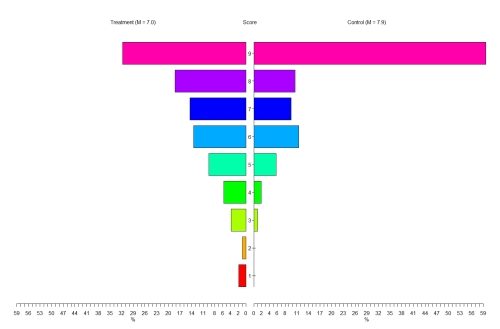I recently created this blog, and I had no intention of writing my first post about the replication conversation (if you need to catch up, David Johnson just posted links to everything here), especially because all of the points I would make have already been made and I’m getting tired of reading the same arguments over and over.
But, I* do feel the need to say: I am disappointed in our field right now. As a graduate student in training for a career in Social/Personality Psychology, you (i.e., established researchers) are the people I am learning from. I should be able to look up to and model your professionalism, passion, and dedication to science. But instead, I am reading personal attacks, inappropriate references to respected historical figures (i.e., Rosa Parks), and a conversation focused on reputations as opposed to the purpose and pursuit of scientific principles. Of course, not every comment/post meets these criteria, but enough do that, only 2 years into graduate school, I’m already starting to question what it is that we, as scientists, are doing.
SO, I urge that the conversation move forward. Discuss, for example, the potential diversity problem in this conversation. I also want to point out that all of this (at least what I’ve seen most recently…) is about ONE of the fifteen replications published in this special issue. Continue reading →


